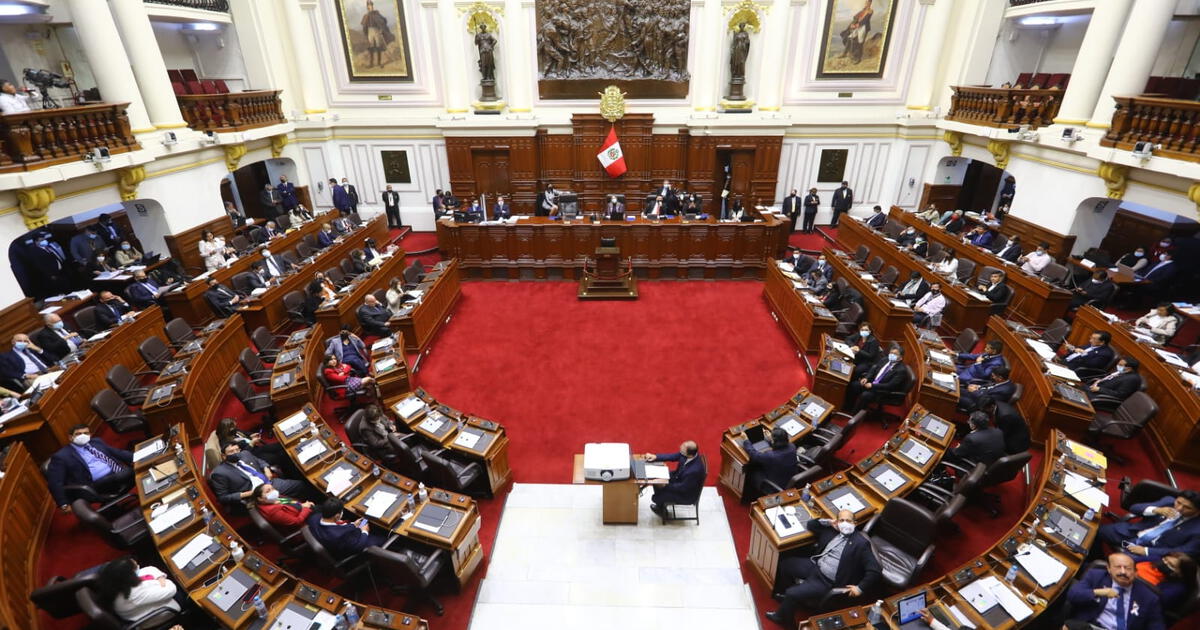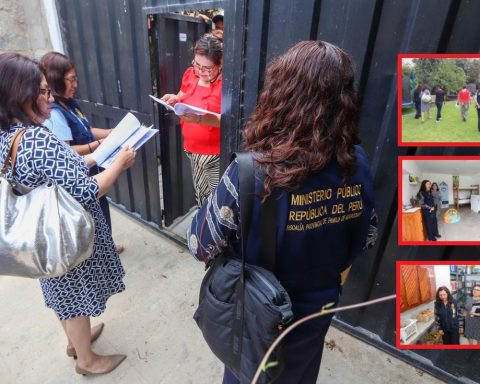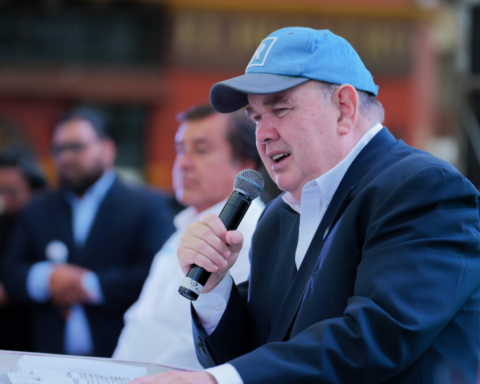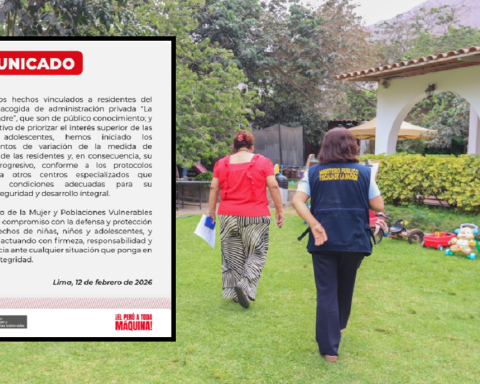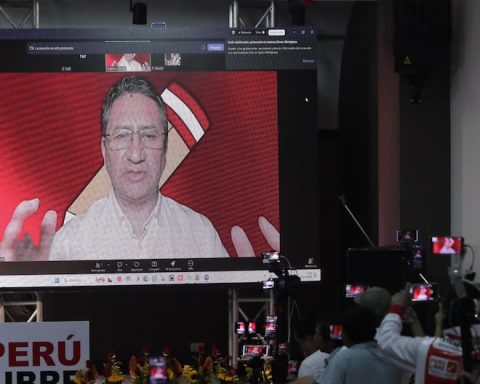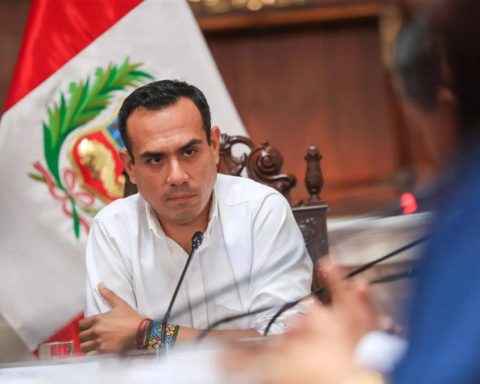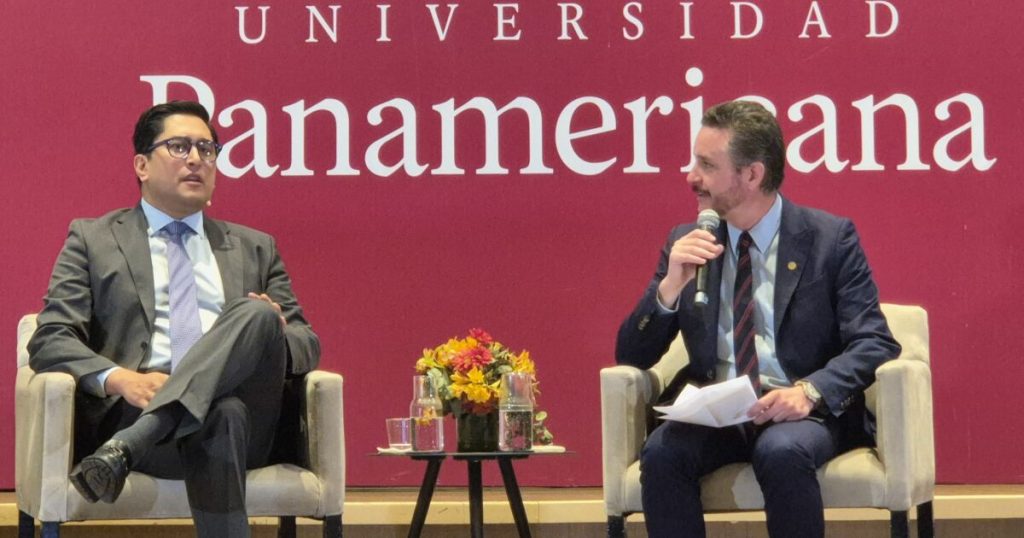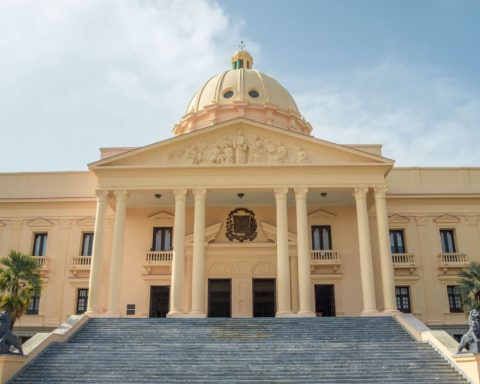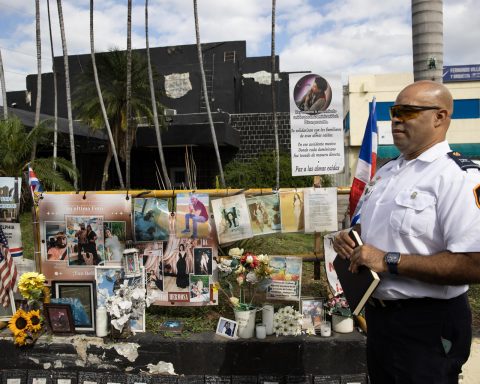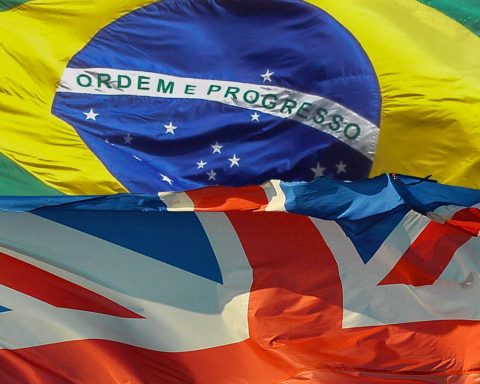Yesterday, the Plenary Session of Congress approved in the first vote a constitutional reform of articles 179, 180, 182 and 183 of the Constitution that changes the way of electing the president of the National Election Jury (JNE) and reduces his term from four to two years. and prevents his re-election to office.
The rule states that the head of the JNE will now be chosen from among the five members of the electoral body’s committee. Usually, the position was held by a representative of the Supreme Court of the Judiciary.
The ruling was supported by Congressman Fernando Rospigliosi, president of the Constitution Commission, who pointed out that the JNE does not autonomously elect its president as other bodies do such as the Supreme Court, the National Board of Justice, the Prosecutor’s Office of the Nation or the Constitutional Court.
He also pointed out that the head of the electoral body performs administrative duties, so the position could be assumed by any of the five members of the JNE collegiate body. The replacement text was approved by 89 votes in favor, 23 against and 5 abstentions.
Obstacles to Burneo?
The approval, in the first vote, of this ruling casts doubt on the mandate of Roberto Burneo, Supreme Court magistrate, elected as president of the JNE and who just assumes office today. It would no longer be for a period of four years but two.
It could even be less: it happens that the reform also indicates that these changes will come into force the day after their publication in the official newspaper El Peruano, being immediately applicable.
For this constitutional reform to come into effect, it must be approved in the Plenary Session of the next legislature (March to June 2025). If it is approved in the second vote on those dates, the JNE referee could hold an election to elect a new president, who would replace Burneo. It could also happen that he is re-elected by his peers.
The president of Transparencia, Alvaro Henzler, has pointed out that “a supreme judge, due to the very nature of his position, cannot have worked in an economic group and much less have participated in a political party. That is the difference compared to other State entities where rotation in the presidency is understood.” In his opinion, this guaranteed impartiality in the organization of an electoral process.
The ONPE and the Reniec
The text also indicates that the head of the National Office of Electoral Processes (ONPE) and the head of the National Registry of Identification and Civil Status (Reniec) are appointed by the National Board of Justice for a single period of four years. The rule is not retroactive, so its holders, Piero Corvetto and Carmen Velarde, recently ratified, will fulfill their mandate until 2028.
Regional movements do not disappear
Another issue that was seen yesterday in the Plenary was the constitutional reform that proposed the re-election of mayors and regional governors for an immediate period, but also the disappearance of regional movements.
Because it was a change in the Constitution, it had to be approved with 87 votes, but it only obtained 80. The support against regional movements is that many “are franchises where candidacies are bought and sold,” according to Fernando Rospigliosi.
Congressman Guido Bellido pointed out that there are 700,000 members of regional movements who would not be respected. Finally, the ruling was filed.
